- Hair loss without scarring of the scalp is a very common condition and affects most people at some time in their lives.
- Medical professionals should distinguish hair loss from breakage of the hair shaft from hair loss due to decreased hair growth.
- Common balding (androgenetic alopecia) occurs in men and women and is due to the effect of testosterone metabolites in genetically susceptible hair follicles.
- Thyroid disease, anemia, protein deficiency, secondary syphilis, chemotherapy, and low vitamin levels may cause hair loss.
- Alopecia areata is a form of hair loss produced by the autoimmune destruction of hair follicles in localized areas of skin.
- Medications indicated for hair regrowth include minoxidil (Rogaine) and finasteride (Propecia).
- Prevention of hair loss includes good hair hygiene, regular shampooing, and good nutrition.
- Medical health screening for hair loss may include blood tests such as complete blood count (CBC), iron level, vitamin B, thyroid function tests (TFT), and a biopsy of the scalp.
What are causes and risk factors for hair loss?
Because there are many types of hair loss, finding the cause can be challenging. This review will cover the most common causes of hair loss occurring on normal unscarred scalp skin. The medical term for hair loss is alopecia.
Most hair loss is not associated with systemic or internal disease, nor is poor diet a frequent factor. Hair may simply thin as a result of predetermined genetic factors and the overall aging process. Many men and women may notice mild physiologic thinning of hair starting in their 30s and 40s. Life vicissitudes, including illness, emotional trauma, protein deprivation (during strict dieting), and hormonal changes like those in pregnancy, puberty, and menopause may cause hair loss.
Several health conditions, including thyroid disease, iron deficiency anemia, and secondary syphilis, can cause hair loss. While thyroid blood tests and other lab tests, including a complete blood count (CBC), on people who have ordinary hair loss are usually normal, it is important to exclude treatable causes of hair loss.
Home Remedies To Stop Hair Fall
Causes of Hair Loss
1. Nutritional deficiencies
It could be possible that essential nutrients may be missing from your diets such as iron, copper, zinc and proteins. Deficiency of vitamin D is another cause of hair loss. In order to avoid this, make sure to get out and soak up some sun.2. Hormonal Imbalance
After the age of 30, women can experience hormonal imbalance which can cause hair loss. This is usually caused by excessive dihydrotestosterone (DHT) conversion. Even though estrogen is the main hormone that women produce, testosterone and other androgens such as DHEA also occur in the female body. As women reach a certain age, they may begin to convert these androgens to DHT.3. Thyroid issues
If the thyroid gland, which is at the front of the neck, produces excessive or an insufficient amount of the thyroid hormone, then the hair growth cycle may change. However, if you do have a thyroid issue, you will notice other symptoms along with hair loss such as weight gain or loss, sensitivity to cold or heat, and changes in heart-rate.4. Polycystic ovary syndrome (PCOS)
Women with polycystic ovary syndrome (PCOS) have a hormonal imbalance which creates higher levels of androgens than normal. This often causes hair to grow on the face and body, while the hair on the head grows thinner. PCOS can also lead to ovulation problems, acne, and weight gain.5. Birth Control Pills
Birth control pills can cause hair loss. The hormones in the pill that suppress ovulation can cause hair to thin, especially in women with a family history of hair loss. Sometimes hair loss can occur when you stop taking the pill. Other drugs associated with hair loss are blood thinners and medicines that treat high blood pressure, heart disease, arthritis, and depression.6. Stress
Extreme stress can cause sudden hair loss which could last for several months. Minimizing stress through exercise, meditation yoga and massages will reduce your chances of experiencing hair loss.7. Hairstyling products
Over-treated hair can lead to hair loss due to the toxic chemicals found in dyes and styling products. Similarly, almost all shampoos contain Sodium lauryl sulfate (SLS) which has a toxic effect on your immune system and has been proven to corrode hair follicles and impede hair growth. It is advisable to stick to natural shampoos and dyes.8. Medical Conditions
- Telogen effluvium
general shedding from all over the head. We typically lose some 100 hairs a day but sometimes shedding accelerates due to stress, illness, medication or hormones. Hair generally grows back within six months.- Androgenetic alopecia
in women, hair generally thins in the top, frontal area, just behind the hair line, but stays thick at the back. An enzyme causes the conversion of the male sex hormone testosterone to another hormone, dihydrotestosterone (DHT), causing the hair follicles to produce thinner hair until they stop.- Alopecia areata
an autoimmune disease that affects up to 2% of the population. It causes round patches of hair loss and can lead to total baldness. In many cases, the hair regrows.- Ageing
As we age, the rate at which our hair grows tends to slow down. Hair strands get smaller and have less pigment, and hair becomes thinner, finer, and grey. In order to keep your hair healthy, eat whole foods which help to keep your body youthful, as well as your hair. If you have premature grey hair, you can find here natural supplements that can help you.- Genetics
Hair loss that is genetic is known as androgenetic alopecia and is known to be the most common cause of hair loss. The gene can be inherited from either your mother's or father's side of the family, though you're more likely to have it if both of your parents had hair loss.Natural Remedies To Treat Hair Fall
1. Egg mask

Eggs are rich in sulphur, phosphorous, selenium, iodine, zinc and protein, which together help promote hair growth.
To prepare the mask,
1. separate one egg white in a bowl and add a teaspoon each of olive oil and honey.
2. Beat to make a paste and apply it all over from root to tips.
3. After 20 minutes, rinse with a mild shampoo.
2. Licorice root

This herb prevents hair loss and further damage to the hair. It helps soothe the scalp and get rid of any dry flakes/dandruff.
1. Make a paste by adding a tablespoon of ground licorice root and a quarter teaspoon saffron to one cup milk.
2. Apply this to your scalp and hair length and leave it on overnight.
3. Next morning, wash your hair.
4. Repeat this twice a week.
3. Coconut Milk

The protein and essential fats in it promote hair growth and prevent hair loss.
To prepare the milk,
1. Grate a medium-sized coconut and simmer it in a pan for five minutes.
2. Strain and cool.
3. Then add one tablespoon each of crushed black pepper and fenugreek seeds to the milk.
4. Apply on your scalp and hair.
5. After 20 minutes, rinse with a shampoo.
4. Green tea

This tea is rich in antioxidants, which help boost hair growth and prevent hair loss.
1. Soak two-three teabags in one-two cups of hot water depending on the length of your hair.
2. When it cools, pour this over your scalp and hair, while gently massaging your head.
3. Rinse with cool water after an hour.
5. Beetroot juice

Beetroot is rich in vitamins C and B6, folate, manganese, betaine and potassium, all of which are essential for healthy hair growth. Besides, it acts as a detoxification agent by helping keep the scalp clean.
1. Boil 7-8 beetroot leaves and grind along with 5-6 henna leaves.
2. Apply this paste on your scalp and leave for 15-20 minutes before rinsing with warm water.
6. Greek yoghurt and honey
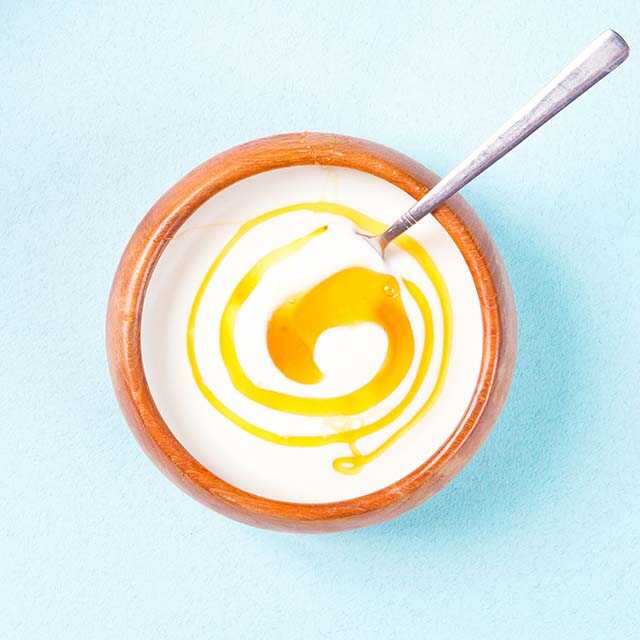
1. Mix 2 tablespoons of yoghurt with 1 tablespoon of honey and lemon in a bowl.
2. Using a dye brush, apply this paste on the scalp and roots.
3. Leave it on for 30 minutes before rinsing with cold water.
4. Apply this paste once a week.
7. Aloe Vera

Aloe Vera is an effective home remedy for hair loss and to boost hair growth. It is also effective in reducing problems of scalp like itching and flaking.
1. Take the stalk of Aloe Vera and extract the pulp.
2. Apply it to your hair and scalp and leave it for about 45 minutes.
3. Rinse with normal water. You can do this three to four times a week to see better results.
8. Fenugreek seeds
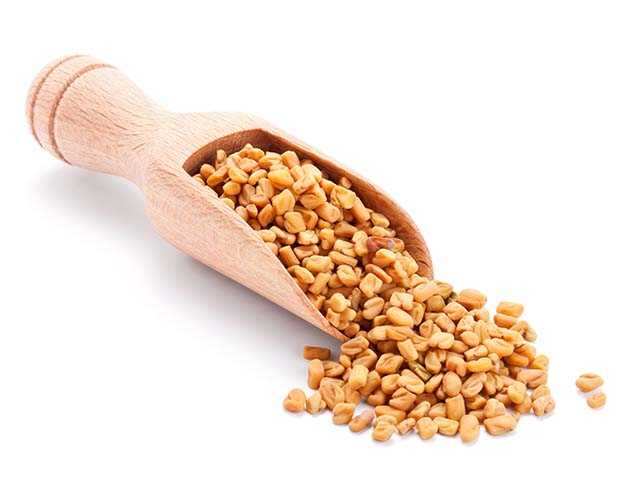
Fenugreek or Methi seed is among the most effective home remedies to stop the hair loss. It repairs the hair follicles and helps in re-growth of the hair.
1. Soak the fenugreek seeds overnight in water.
2. Grind it to a fine paste and apply it to your hair and scalp.
3. Leave the paste on your head for about 30 minutes.
4. You can cover your scalp using a shower cap to keep it moist.
5. After 30 to 40 minutes, rinse it with normal water.
5. You don’t have to use any shampoo.
6. Do it twice a week for a month for control hair fall.
9. Onion juice
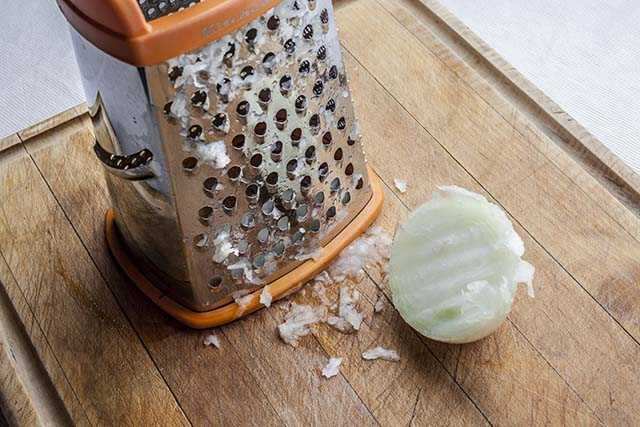
The antibacterial properties of onions help fight against scalp infections, while the sulfur content improves circulation blood to the hair follicles. It promotes hair growth and controls loss of hair.
1. To extract onion juice, grind the onion and then squeeze out the juice.
2. Dip the cotton ball in the onion juice and apply it to your scalp.
3. Leave it on for 20 to 30 minutes and then wash it off using normal water and a mild shampoo.
4. Follow this procedure once a week and see the difference.
10. Amla

Indian Gooseberry or Amla is another effective home remedy to stop hair fall. One of the causes is the deficiency of vitamin C, hence consuming amla will strengthen the hair follicles and help you to control it. Thanks to its anti-inflammatory and the exfoliating properties, amla help promote faster growth of hair, maintain a healthy scalp and prevents premature greying.
1. You can mix lime juice and the amla powder to make a paste.
2. Massage it to your scalp and hair.
3. Use a shower cap to cover your head so that the paste doesn’t dry out.
4. Keep it for an hour and then rinse it off with normal water.rn
Diet For Healthy Hair
While treatments and shampoos do play a role in maintaining healthy hair, the secret to thick, shiny, strong tresses is a healthy diet.1. Spinach

Iron deficiency is the main cause of hair fall. Spinach is not only a great source of iron but also vitamin A, C and protein. It also contains sebum which acts as a natural conditioner for hair and provides us with omega-3 acid, magnesium, potassium and calcium. These help in maintaining a healthy scalp and lustrous hair.
2. Carrots

Known to be good for the eyes, carrots contain Vitamin A that also improves hair growth. Deficiency of vitamin A may lead to dry and itchy scalp. Carrots are known to add to the thickness of hair, make hair lustrous, improve blood circulation, strengthen the hair, protect hair from external damages like pollution and also help prevent breakage of hair and hair fall.
3. Eggs

Since hair is composed of 68 percent keratin protein, eggs help in rebuild damaged hair. They are also rich in a B vitamin called biotin that helps hair grow.
4. Oats
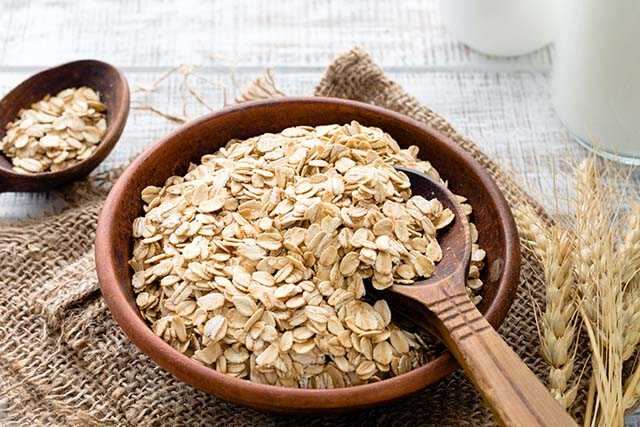
Oats are rich in fibre, zinc, iron, omega-6 fatty acids and polyunsaturated fatty acids (PUFAs) that stimulate hair growth and will make your hair thick and healthy.
5. Walnuts
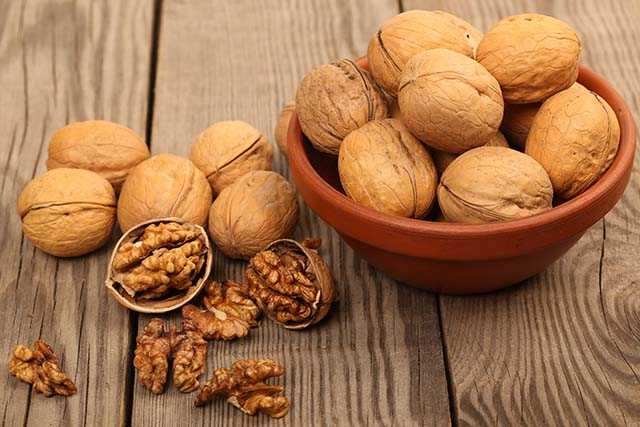
Walnuts contain biotin, B vitamins (B1, B6 and B9), Vitamin E, plenty of protein and magnesium - all of which strengthen hair cuticles and nourish the scalp. It helps protect your cells from DNA damage which may be caused due to sun exposure.


























No comments:
Post a Comment